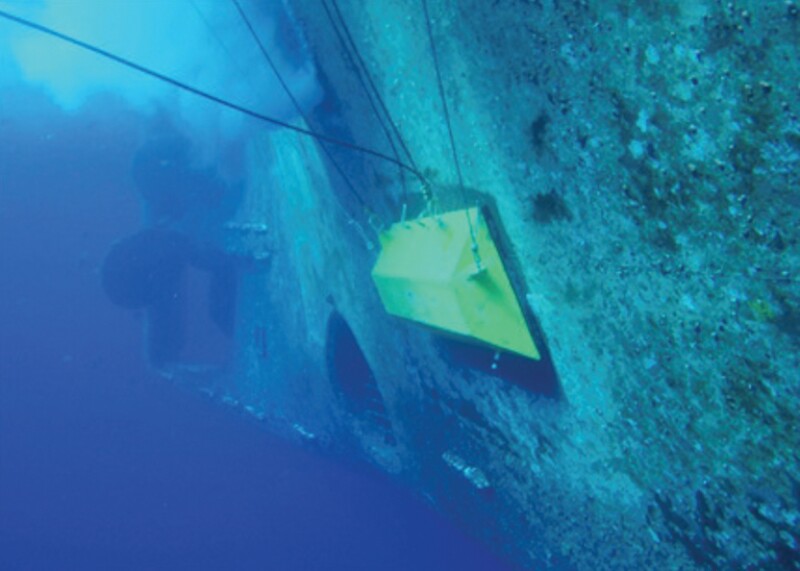While the focus on the growing floating gas industry is firmly on output, the industry needs to ensure safety, compliance, and profitability of high-value, complex, floating gas assets, some of which operate close to high population densities. Effective asset-integrity programs are a key part of such an effort, and it is widely agreed that better use of data and robotics will help reduce unnecessary work and human risk. The complete paper describes a joint industry approach for addressing asset-integrity management challenges that has proved successful for floating production, storage, and offloading vessels (FPSOs).
Introduction
Managing the integrity of offshore, near-shore, and berthed floating oil and gas assets faces numerous challenges, including the following:
Long service lives
- The need to cut operating costs
- Varying asset-integrity requirements of marine and process equipment
- Growing global demand for gas
- Increasing requirement to drive down carbon emissions
- The need for enhanced sustainability
Traditional cost-reduction strategies of prior lean market periods are no longer accepted by the industry, which the authors say needs to implement permanent cost reductions, increased sustainability and efficiency, and improved safety. These can be achieved only by new ways of managing asset integrity, targeted at consistent low price and efficiencies and developed, supported, and accepted by all sectors of the industry.
Role of the Joint Industry Project (JIP)
The Hull Inspection Techniques and Strategy (HITS) JIP has encouraged such innovations.


